El
Centro History Department
Forward to the 20th Century //
The Magical History Tour //
Back to 1970s
The 1980s to the Present
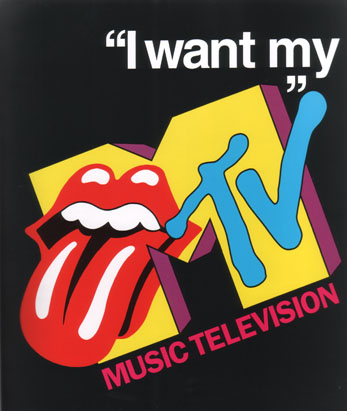
To Lecture Notes
The 80s through Present on YouTube
Village People - YMCA
The Macarena Dance
Read My Lips - George H. W. Bush
George W. Bush - American Idiot
Obama - Romney Rap
Reagan Assassination Attempt
Live Aid
To the 1990s
The 1980s
Links:
 80s.com
80s.com
Reagan's Domestic Policy
Reaganomics
Ronald Reagan Biography
Reagan's Foreign Policy
Reagan and the Cold War
 Ronald Reagan Presidential Library and Museum
Ronald Reagan Presidential Library and Museum
 Ronald Reagan Presidential Library
Ronald Reagan Presidential Library
Ronald Reagan - The Bonzo Years
George Bush - The Unauthorized Biography
Junk Bonds
Biography of Walter Mondale
Geraldine Ferraro
Sandinistas Face the Future
Oliver North and Iran-Contra
Corazon Aquino
Soviet Archives Exhibit especially
Perestroika
Library of Congress - Revelations of the Russian Archives
Perestroika - A Marxist Critique
Intermediate Nuclear Force Chronology
INF Treaty
Michael Dukakis Profile
George H. W. Bush
Presidential Election of 1988
Dukakis and Willie Horton
George H. W. Bush
 George H. W. Bush Presidential Library and Museum
George H. W. Bush Presidential Library and Museum
Dan Quayle Center and Museum
Strategic Arms Reduction Treaty Chronology
Nuclear Treaties Chronology
 The Pilgrimage of Jesse Jackson
The Pilgrimage of Jesse Jackson
Chernobyl 25 years Later
The 1990s
Greatest Films of the 1990s
 Inthe90s.com
Inthe90s.com
The Fall of the Berlin Wall
The Berlin Wall
Saddam Hussein
1996 Speech by Saddam Hussein
A Politics for Generation X
H. Ross Perot
Reform Party
2000 and beyond
George Bush Presidential Center
Bushisms
George W. Bush
George Bush on the Issues
Al Gore - Nobel Prize
The 21st Century

George Bush Jr.'s Skeleton Closet
 Gulf War Resources
Gulf War Resources
 9-11 - The Day the World Changed
9-11 - The Day the World Changed
 9-11 Digital Archive
9-11 Digital Archive
Bill Clinton
Bill Clinton
Bill Clinton Facebook
Bill Clinton
 Clinton Library
Clinton Library
 Clinton Presidential Center
Clinton Presidential Center
Hillary Clinton
The 20th Century
Election of 2008
Barack Obama
Incumbent Barack Obama
Obamacare
Texas Tea Party
Gov. Rick Perry
Lecture Notes
In 1980, Ronald Reagan won a narrow victory over Jimmy Carter with low voter turnout of 40%. His message was to return to "laissez-faire." His programs including cutting taxes on the wealthy to stimulate the economy and to increase military spending. The result was a record deficit and the U.S. became a debtor nation for the first time since World War I.
His election was the result of the formation of a coalition who called themselves the "New Right" who were extremely conservative Republicans who took over the party from what had traditionally been a mix of conservatives, moderates, and liberals. Reagan had mobilized a reaction against what Republicans perceived as liberal domination in media and academia. He hated the ideals of FDR's era especially regulation on business and programs for the poor. Popularity of some programs such as Social Security, Medicare, and Food Stamps made them relatively secure.
The New Right was also devoted to the anti-communist crusaders which could be traced back to the beginning of the 1950s. But until 1980, most mainstream Republicans paid little mind to them including Eisenhower. The first truly conservative presidential nominee, Barry Goldwater, had been badly beaten by LBJ in 1964. By 1980, the New Right had become more powerful in the Republican party and among Americans in general with attractive candidates like Ronald Reagan, a former movie star.
Other issues the New Right had included moral and religious problems, affection for the "good old days" of traditional values (although undefined), the belief that economic classes are natural, property rights equal freedom, innovation is not necessarily good, the only function of government is defense, support of states' rights, no regulations on business, communism is the greatest threat with the "evil empire," humans are not reasonable but emotional, and moral values should be enforced by the government. They were anti-abortion rights, anti-gay rights, anti-Equal Rights Amendment for women, favored Christian prayers in public schools, anti-busing for desegregation, anti-gun control, and anti-affirmative action. Throughout the 70s, the New Right had been frustrated. Neither Nixon or Ford were one of them. They even tried to create a third party in 1976, American Independent Party but their nominee, a racist from Georgia Lester Maddox, only received 5% of the vote.
Then in 1973, the "Moral Majority" was organized by evangelist Jerry Falwell and joined the coalition. So Reagan with George Bush I won the 1980 election. The Reagan years started with him being popular because the Hostage Crisis ended although what he had to do with that is a mystery. Once inaugurated he announced a freeze on federal hiring and cut 37,000 federal jobs. He also froze regulations on business, supported oil drilling in Scenic areas. He claimed he had cut the size of government by $35 billion. Most of the cuts were in social services but the deficit increased due to the enormous increase in military spending plus fewer revenues. He will eventually raise taxes five times to try to deal with this. Due to this, a recession resulted that featured 11% unemployment in 1982, bankruptcies, bank failures, and the inability to compete with Japan. With the massive military spending, however, the economic recovery began in 1983.
In foreign policy, he sent "advisers" to El Salvador to aid the "contras" in a rebellion in Nicaragua. In 1983 he also ordered the invaded Grenada in 1983 to rescue medical students and stop a Cuban invasion. He also initiated the Strategic Defense Initiative (Star Wars) in 1983 to set up a protective screen over the U.S. in space. 1983 was also infamous in Reagan foreign policy when Israel invaded Lebanon (1982). Reagan sent in troops but a bomb killed over 200 of our soldiers on October 23, 1983. Reagan withdrew our troops with no political damage and got the nickname the "Teflon President" since nothing he did that might be criticized did not stick. Then, in 1986 he also ordered an attack on Libya to stop terrorism. At the same time, he refused to support the anti-apartheid (anti-segregation) movement in South Africa. The main scandal of his presidency came at the end of his second term, the Iran-Contra scandal in which it was discovered the U.S. was selling arms to Iran and using the money to help the Contras in Nicaragua. Again, it did not stick or hurt his popularity.
Although Reagan opposed the Equal Rights Amendment for women, he appointed the first woman to the Supreme Court, Sandra Day O'Connor, and another woman, Jean Kirkpatrick to the United Nations.
In his second term, the deficit grew. The Gramm-Rudman-Hollings Act of 1986 mandated a balanced budget bu 1991 with across the board cuts. There was good news for the budget, however, as oil prices decreased. Farmers continued to struggle and thousands went out of business. There was also the Savings and Loan Crisis that caused many banks to fail due to lack of regulations and risky investments. The distribution of wealth worsened and the ratio of women to men wages did not improve.
One of the most dramatic events of his presidency, however. In 1981 an assassination attempt the president and three aides were wounded with the President receiving a chest wound. John Hinckley, the would-be assassin, thought killing the President would gain the love of actress Jodie Foster. Here's a good article: Reagan Assassination Attempt The most seriously injured, James Brady, has become a spokesman along with his wife for gun control.
The assassination attempt brought sympathetic support to Reagan. In 1984 he was re-elected over Walter Mondale and the first female Vice Presidential candidate, Geraldine Ferraro.
Despite all the talk about moral conservatism in the Reagan era, divorce increased, abortions increased, violent crime increased, the number of people in prison increased, executions increased, crack cocaine was introduced, and teen pregnancies increased. Discontent increased over the environment, education, and health care while equal discontent continued over taxes. And, the deficit was so large, it was hard to imagine any solutions to the problems.
It was also this time that brought about the opposite of the hippies, the Yuppies (Young Urban Professional) who were far from being counterculture. They wanted the materialism and success that the hippies rejected. The 1980s also brought us the era of Vanessa Williams, the first African-American Miss America who lost her title over some "inappropriate" photographs. For me, one of the highlights was Live Aid, a world wide concert to raise money to help the starving people of Ethiopia who had been ravaged by drought. (See link above.) The 80s also led to the end of baseball star Pete Rose's career as a result of betting on games. In the Soviet Union, Chernobyl nuclear plant had a melt down that was the worst in world history. (See link above.) Nearer to home, Delta flight 191 crashed at DFW Airport in 1985 Delta Crash). I could see the smoke from my house way out in Venus. 137 people died in the crash.
Having completed two terms, Reagan retired and George H.W. Bush was elected although not considered part of the "conservative movement" but his Vice President, Dan Quayle was. They defeated Michael Dukakis of Massachusetts with some controversial advertisement meant to stir up racial fears.
Please see links above for more information for to the present. I usually run out of time about now in live classes. Let me know if you find any links I should add. Don't forget to dance to YMCA and do the Macarena!
Other Questions on the Quiz (read links related): Bill Clinton's economic policies, George W. Bush's policies, and what was 9-11.
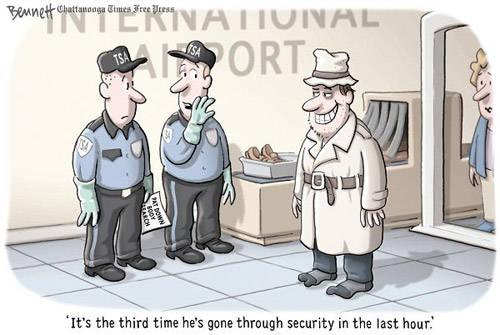
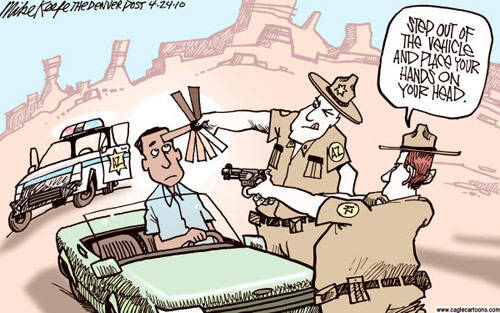
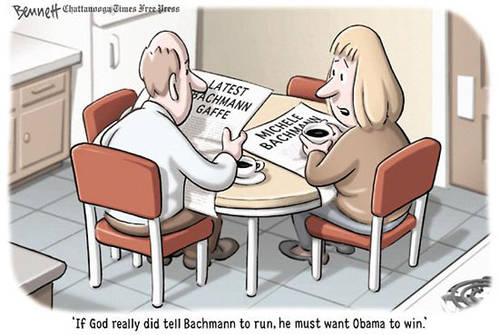

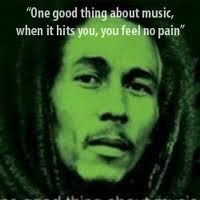


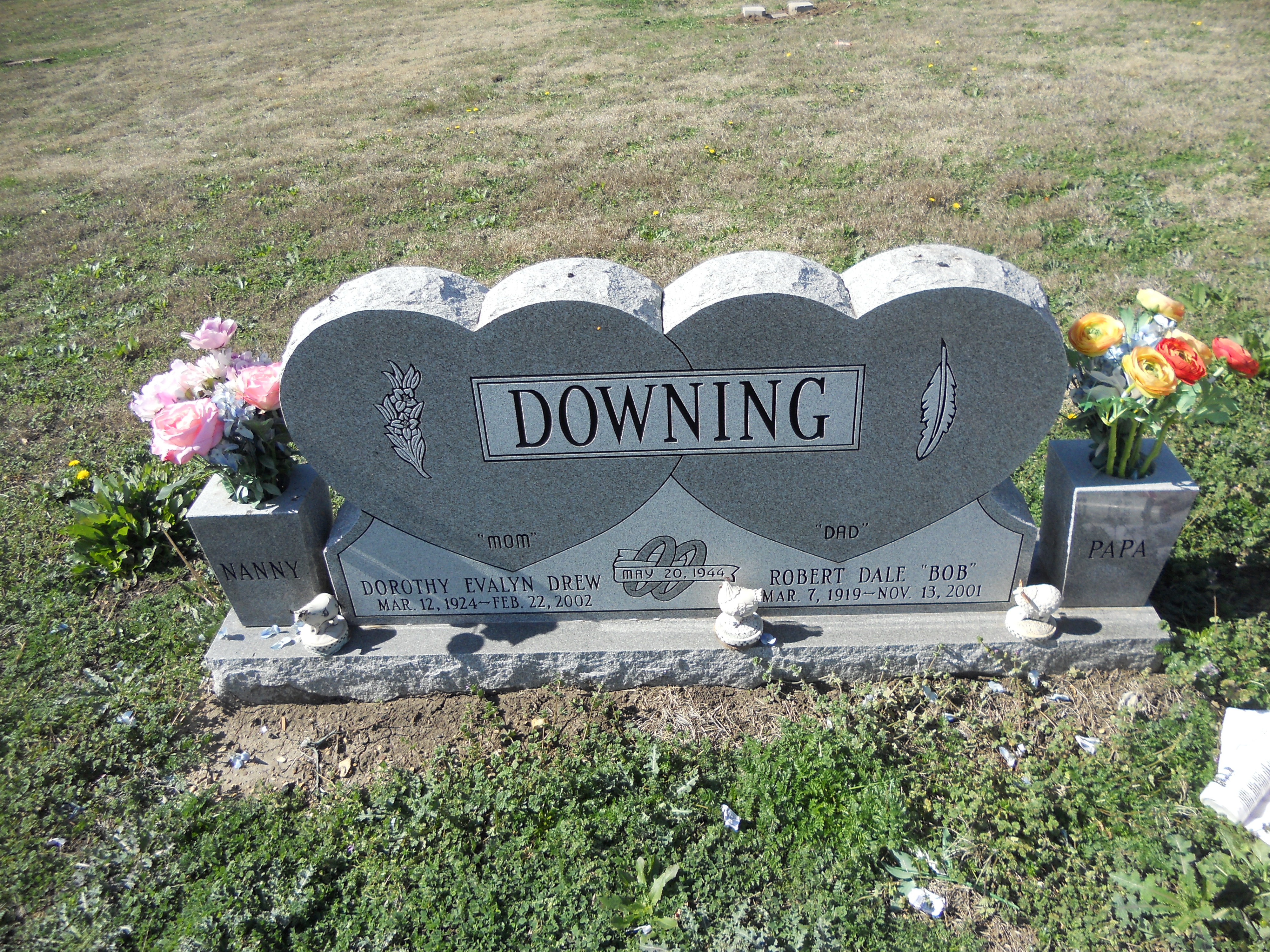

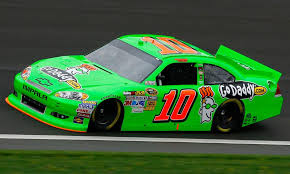

Page created by: Wanda Downing Jones, History Coordinator

 80s.com
80s.com
 Ronald Reagan Presidential Library and Museum
Ronald Reagan Presidential Library and Museum
 Ronald Reagan Presidential Library
Ronald Reagan Presidential Library
 George H. W. Bush Presidential Library and Museum
George H. W. Bush Presidential Library and Museum
 The Pilgrimage of Jesse Jackson
The Pilgrimage of Jesse Jackson
 Inthe90s.com
Inthe90s.com

 Gulf War Resources
Gulf War Resources
 9-11 - The Day the World Changed
9-11 - The Day the World Changed
 9-11 Digital Archive
9-11 Digital Archive
 Clinton Library
Clinton Library
 Clinton Presidential Center
Clinton Presidential Center







